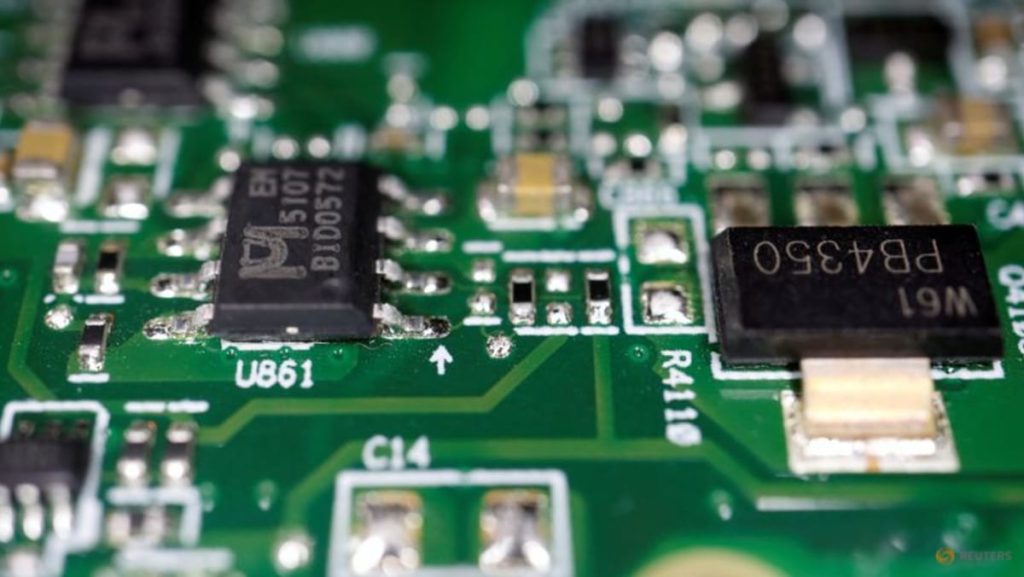AMSTERDAM :BE Semiconductor Industries (Besi) raised its long-term financial targets ahead of its investor day on Thursday and said it expects to see the benefits of customers adopting its advanced chip stacking tools.
The Dutch firm makes the world’s most accurate hybrid bonding tool, a critical chip technology allowing multiple chips to be bonded directly on top of each other.
AI chip designers Nvidia and Broadcom are looking to adopt a TSMC process using hybrid bonding, Besi’s Senior Vice President Technology Chris Scanlan said at the event, potentially increasing demand for Besi’s tool.
Intel and AMD, are also expanding their use of hybrid bonding, Scanlan added.
Shares in Besi were up 8.4 per cent as at 1540 GMT, topping the Netherlands’ AEX index.
Besi now expects revenue of between 1.5 billion euros and 1.9 billion euros ($1.73 billion-2.19 billion) in the “long term”, against 1 billion euros forecast earlier, with an operating margin between 40 per cent and 55 per cent, up from 35 per cent to 50 per cent.
As performance gains from shrinking chip features reach physical limits, chipmakers are looking towards advanced packaging technologies such as hybrid bonding to keep making faster and more powerful chips.
Chipmakers have also reached the limits of reticule exposure on ASML’s lithography machines, meaning they cannot exponentially expand the size of one chip, and instead look to stitch or stack multiple chips together.
The world’s largest contract chipmaker Taiwan Semiconductor Manufacturing Co, showed off in April a dinner-plate-sized package made of more than 16 large computing chips stitched together.
Besi and its investors bank on its equipment being the right tool for leading-edge chipmakers. But some analysts were cautious about the lifting of the targets.
“We would like to point out that Besi is already raising its long-term targets, while they have not yet come close to their previous targets yet”, analysts at Degroof Petercam said.
Shares in Besi are down 3.2 per cent so far this year.
($1 = 0.8685 euros)


